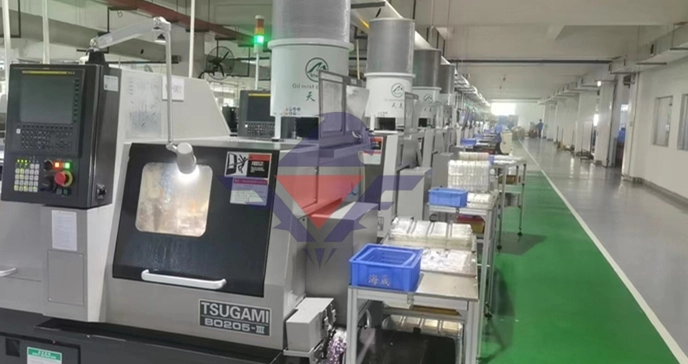
# Endotoxin Detection Kits for Accurate and Reliable Testing
## What Are Endotoxin Assay Kits?
Endotoxin assay kits are specialized tools designed to detect and quantify bacterial endotoxins in various samples. These kits play a crucial role in pharmaceutical manufacturing, medical device testing, and research laboratories where endotoxin contamination must be carefully monitored.
## Importance of Endotoxin Testing
Endotoxins, also known as lipopolysaccharides (LPS), are toxic components of the outer membrane of Gram-negative bacteria. Their presence in pharmaceuticals, medical devices, or biological products can cause severe pyrogenic reactions in humans. Reliable detection is essential for:
– Ensuring product safety
– Meeting regulatory requirements
– Protecting patient health
– Maintaining quality control standards
## Types of Endotoxin Detection Methods
Modern endotoxin assay kits utilize different detection principles:
### 1. Limulus Amebocyte Lysate (LAL) Tests
The most widely used method, LAL tests come in three formats:
• Gel-clot: Qualitative detection of endotoxins
• Turbidimetric: Measures turbidity changes
• Chromogenic: Detects color changes from enzymatic reactions
### 2. Recombinant Factor C (rFC) Assays
A synthetic alternative to LAL that offers:
• Animal-free testing
• Consistent reagent quality
Keyword: Endotoxin Assay Kits
• Comparable sensitivity to traditional methods
## Key Features of High-Quality Endotoxin Assay Kits
When selecting an endotoxin detection kit, consider these important characteristics:
– Sensitivity: Ability to detect low endotoxin concentrations
– Specificity: Minimal interference from sample matrices
– Reproducibility: Consistent results across multiple tests
– Regulatory compliance: Meets pharmacopeial requirements
– Ease of use: Simple protocols with clear instructions
## Applications Across Industries
Endotoxin detection kits serve critical functions in various sectors:
### Pharmaceutical Industry
Essential for testing parenteral drugs, vaccines, and biopharmaceuticals to ensure they meet strict endotoxin limits.
### Medical Device Manufacturing
Used to evaluate devices that contact blood or cerebrospinal fluid, where endotoxin contamination could be dangerous.
### Research Laboratories
Important for studying inflammatory responses, sepsis mechanisms, and bacterial pathogenesis.
## Choosing the Right Kit for Your Needs
Consider these factors when selecting an endotoxin assay kit:
– Sample type and matrix
– Required sensitivity level
– Throughput needs
– Budget constraints
– Regulatory requirements
– Available instrumentation
## Best Practices for Reliable Results
To ensure accurate endotoxin testing:
– Follow manufacturer instructions precisely
– Maintain proper storage conditions for reagents
– Use appropriate controls in every run
– Validate methods for specific sample types
– Train personnel thoroughly on testing procedures
## The Future of Endotoxin Detection
Emerging technologies in endotoxin testing include:
• More sensitive detection methods
• Faster turnaround times
• Automated systems for high-throughput testing
• Improved standardization across platforms
With continuous advancements in endotoxin assay technology, researchers and quality control professionals can expect even more reliable and efficient testing solutions in the coming years.
